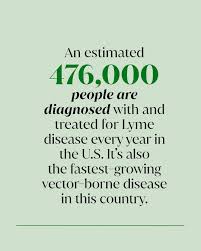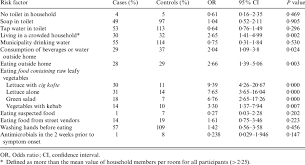Introduction
Lyme disease, a tick-borne illness caused by the bacterium Borrelia burgdorferi, is becoming increasingly relevant in South Africa. Originally more commonly associated with the Northern Hemisphere, particularly in the USA and Europe, the emergence of Lyme disease in this region is raising concerns among health professionals and the public alike. With the recent uptick in reported cases, it is essential to highlight the symptoms, prevention, and treatment of this disease.
Overview of Lyme Disease
Lyme disease primarily spreads through the bite of infected black-legged ticks, commonly known as deer ticks. The disease can lead to serious health issues if left untreated, including neurological problems and long-term joint issues. Symptoms typically begin with fever, headache, fatigue, and a characteristic skin rash called erythema migrans. In South Africa, the first cases were officially reported in 2021, and since then, the numbers have increased significantly, raising alarm bells for health authorities.
Current Situation in South Africa
According to the South African Department of Health, lyme disease cases have notably increased, particularly in regions such as KwaZulu-Natal and the Western Cape, areas where the tick populations are abundant. Recent surveys and studies indicate that environmental factors, including climate change and habitat encroachment, are contributing to the proliferation of these ticks. Health officials urge individuals, especially those engaged in outdoor activities such as hiking and camping, to take precautions against tick bites.
Prevention and Treatment
Preventative measures emphasize wearing long-sleeved clothing, using tick repellents, and conducting routine tick checks after spending time outdoors. If a tick is found, it should be removed properly and promptly to minimize the risk of infection. For those displaying symptoms of Lyme disease, early detection and treatment are crucial. Antibiotics are typically effective in treating early-stage Lyme disease, making timely medical attention pivotal.
Conclusion
The rise in Lyme disease cases in South Africa underscores the importance of awareness and education about this tick-borne illness. As climate patterns shift and tick populations thrive, health authorities and communities must remain vigilant. Increased public awareness campaigns, surveillance, and research are essential to combat the spread of Lyme disease and protect public health. Readers are encouraged to stay informed, take preventive measures seriously, and consult healthcare providers if they suspect they may have contracted the disease.


